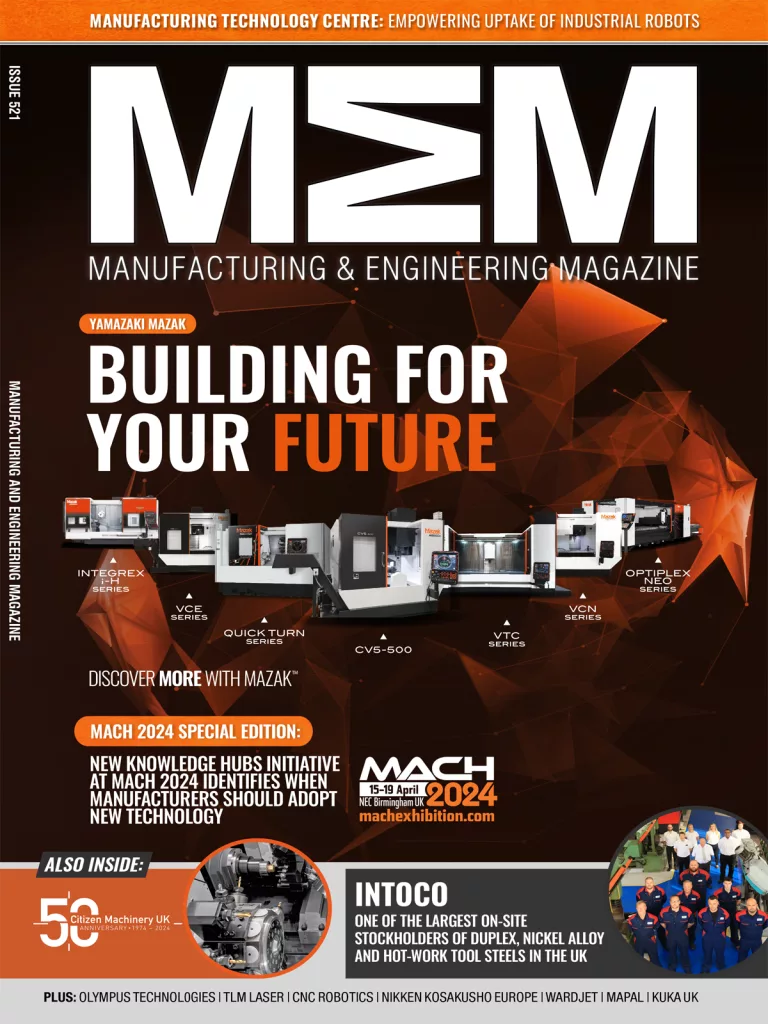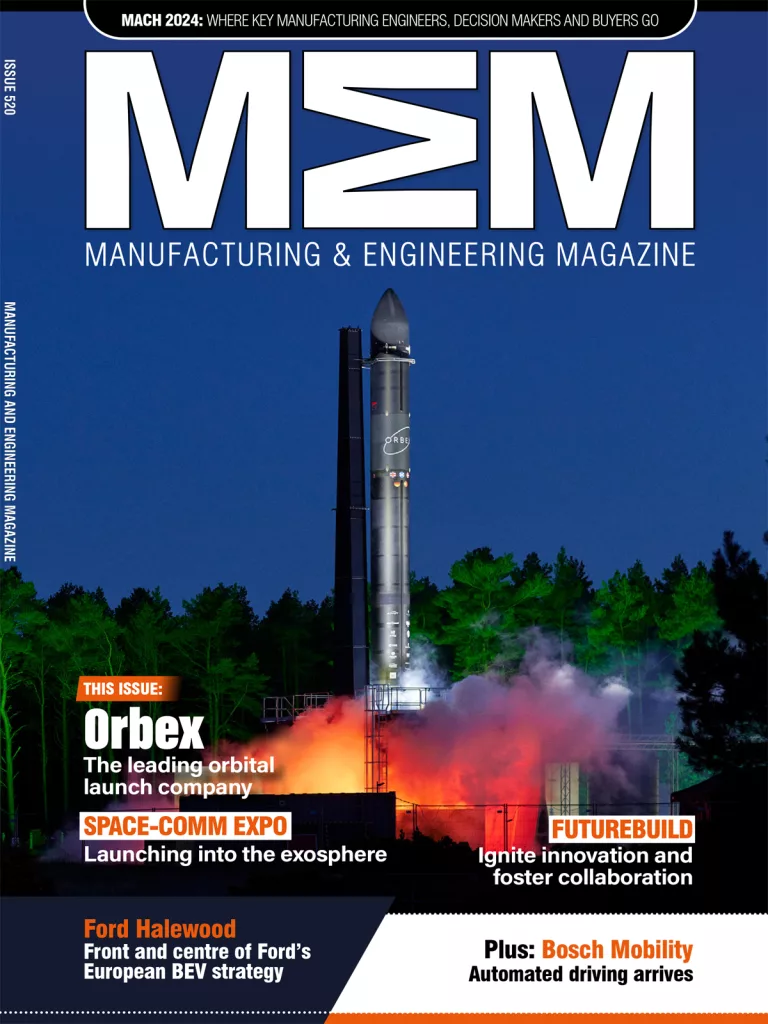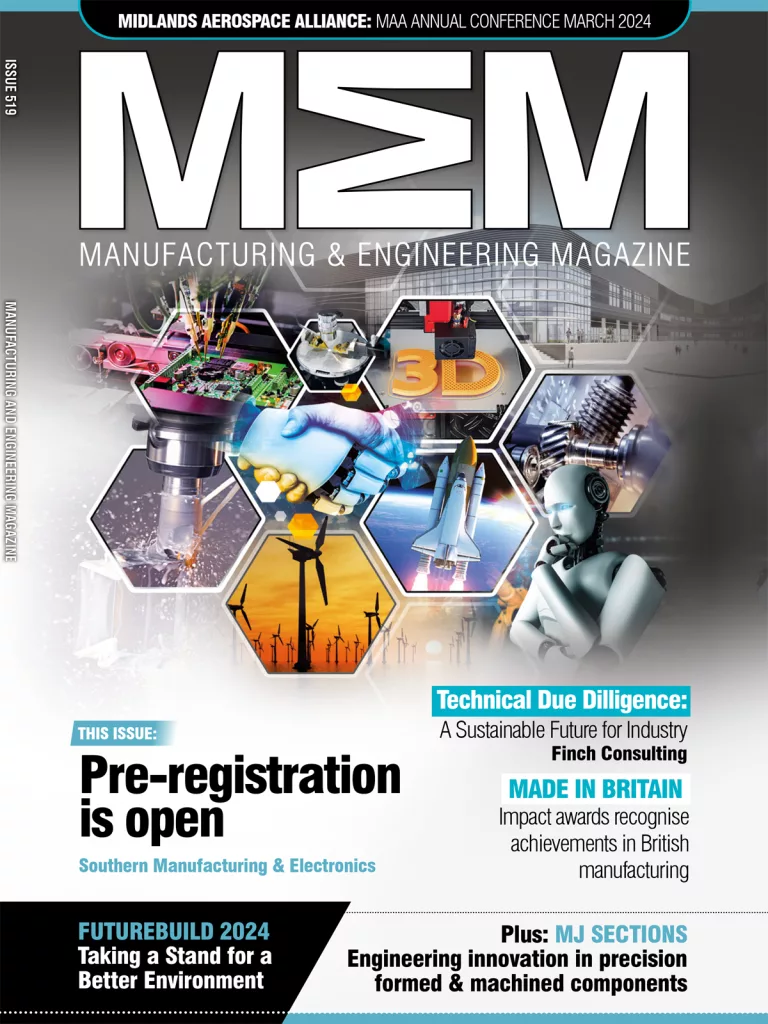Rolls-Royce has named the companies it is working with to bring a small modular reactor (SMR) to market in the UK. Amec Foster Wheeler, Nuvia and Arup, together with the Nuclear Advanced Manufacturing Research Centre, are working with Rolls-Royce to develop the latest technology reactors, a spokesman for the British engineering firm told World Nuclear News today. “Other names will emerge in due course,” he added.
In October last year, Rolls-Royce said a UK SMR could provide a £100 billion ($127 billion) boost to the UK economy between 2030 and 2050 because the companies involved are either UK-owned or have a strong UK presence. The latest announcement comes as British ministers are looking to support the development of SMRs and civil nuclear innovation, with up to £250 million in funding, and also to publish a green paper on Industrial Strategy later this month.
The spokesman said Rolls-Royce is teaming up with a “raft of British engineering giants” in a bid to make SMRs a reality in the UK, creating up to 40,000 high-value British jobs and intellectual property, and opening up a £400 billion export market.
“We are working with some of Britain’s most experienced civil engineering companies and nuclear research organisations to realise the huge potential of small modular reactors for the wider UK economy. We share a common belief that a home-grown SMR program can play a key role in strengthening the UK’s energy mix and security, while creating valuable intellectual property, exports and jobs. We are working together to deliver a whole power plant which could be up and running in just over a decade and provide a boost for the UK’s industrial strategy.”
The companies are looking to create a partnership which will build entire running power plants “capable of powering a city the size of Leeds” – which has a population of about 750,000 people. Once the initial design is licensed, parts can be made on a factory production line relatively cheaply, the spokesman said.
Interested in this article? Read more at World Nuclear News.










